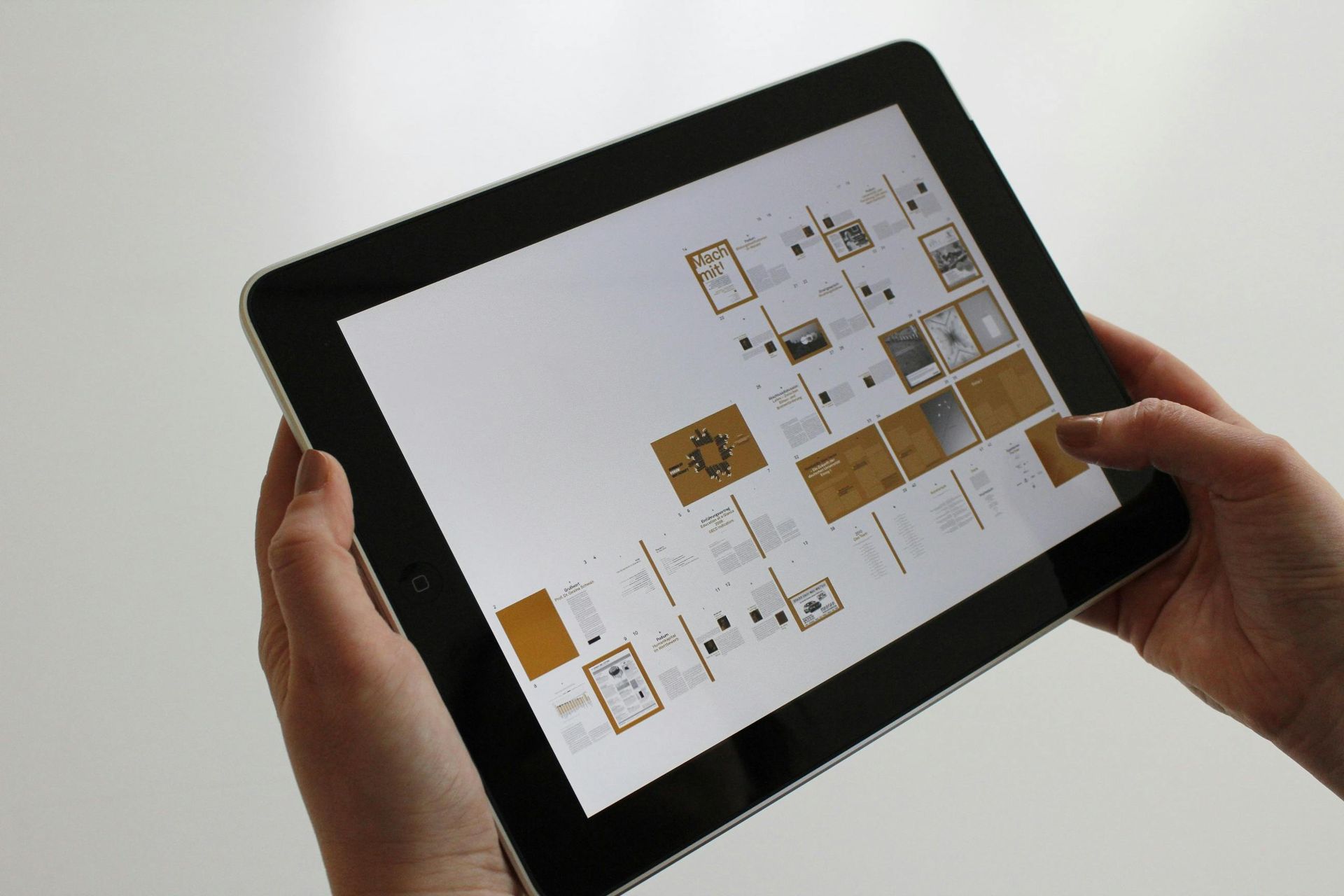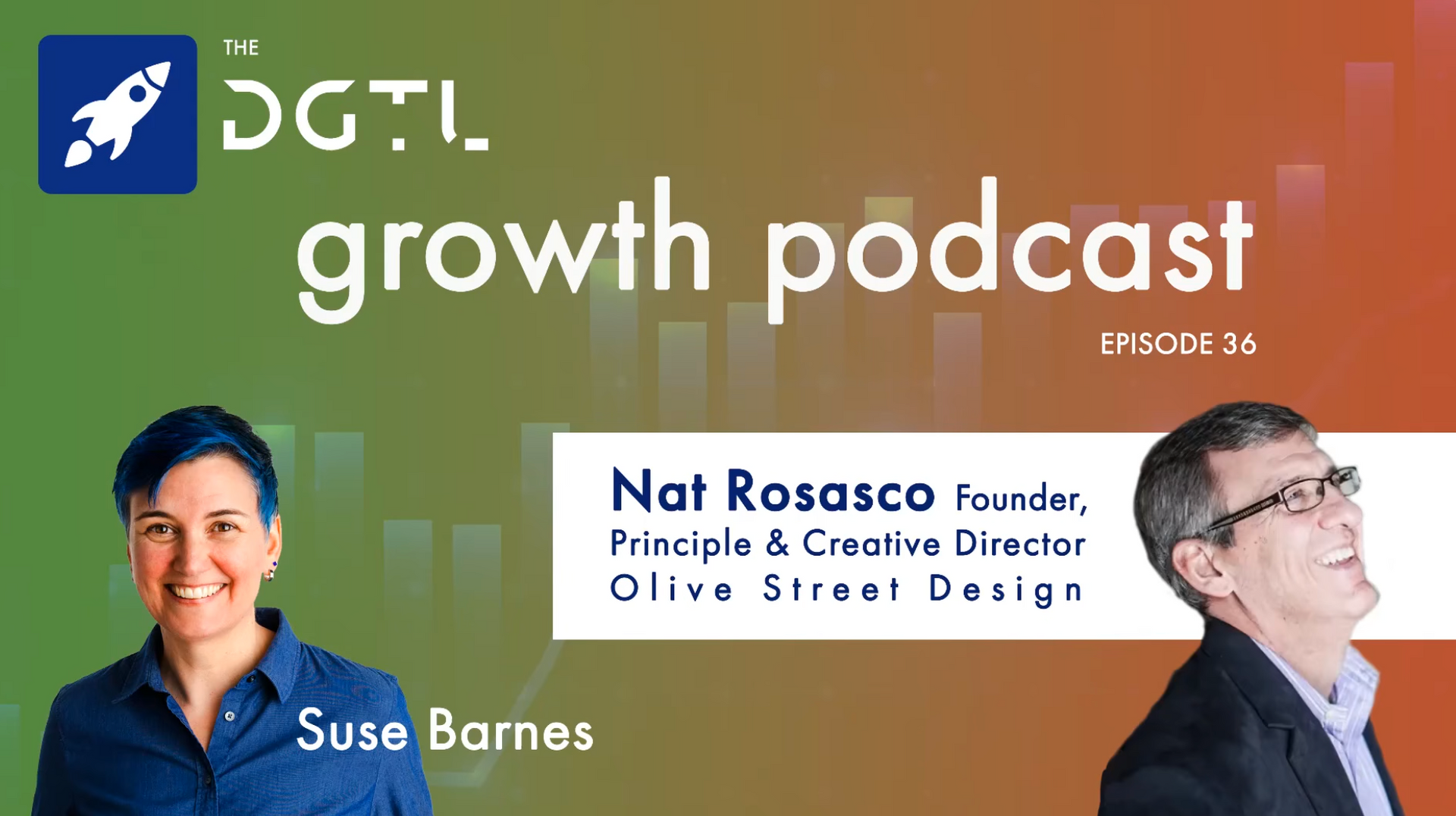The Role of CRM in Improving Customer Retention

Customer retention means keeping customers engaged so they continue buying from a business over time. It measures loyalty and long-term value. Companies that focus on retention spend less compared to chasing new customers. In fact, studies show attracting a new customer costs several times more than keeping an existing one. With this in mind, investing in retention drives sustainable growth. As a matter of fact, higher retention also strengthens reputation and increases referrals. On the other hand, poor retention leads to churn and declining profits. CRM systems provide businesses with the structure to track interactions, improve service, and deliver personalized experiences. Above all, CRM supports strategies for improving customer retention by building stronger, lasting connections.
Understanding CRM Beyond Sales Tracking
Many businesses see CRM as a sales tool, but its purpose goes far deeper. A strong CRM system acts as the backbone of customer relationships. It gathers every detail of interactions, purchases, and preferences in one place. Sales, support, and marketing teams use this centralized data to work with accuracy and clarity. With this in mind, companies create communication strategies that feel consistent and relevant across all channels. Relying only on sales data misses the chance to build meaningful engagement. CRM insights help businesses understand behavior patterns, predict needs, and provide timely solutions. In short, this level of insight turns one-time buyers into repeat customers.

Data-Driven Insights for Better Engagement
Businesses need more than guesses to build loyalty. CRM systems collect data that shows how customers think, act, and purchase. Teams use this information to understand preferences and shape decisions. Then again, ignoring these insights often results in missed opportunities for connection. CRM data highlights buying patterns and triggers for churn. Companies use that knowledge to design campaigns that feel personal. Sales representatives can approach conversations with context that proves they care. Marketing teams can craft messages that address real needs instead of assumptions. Support teams can respond with relevant solutions faster than ever. In like manner, these coordinated actions across departments strengthen engagement. Above all, data-driven CRM practices make relationships stronger.
Personalization at Scale: Creating Memorable Experiences
Customers expect businesses to recognize their needs without repeating themselves. CRM makes that possible by supporting personalized engagement at scale. On the contrary, generic outreach pushes customers away. Segmenting customers in CRM provides targeted groups for campaigns. Automation then delivers timely communication based on preferences. These actions transform standard service into memorable experiences. For example, birthday messages, loyalty discounts, or follow-ups after a purchase show thoughtfulness. In fact, customers often remain loyal to brands that treat them as individuals. Personalized offers also boost conversion rates and encourage repeat purchases. Companies using CRM personalization strengthen relationships while increasing revenue. For this reason, personalization at scale moves from being a tactic to a
growth strategy, reinforcing loyalty.

Improving Customer Retention
Customer retention requires consistent attention, and CRM provides the framework for this process. Businesses track interactions, follow up on commitments, and nurture loyalty. In contrast, firms without CRM often lose customers through disorganized communication. CRM tools keep records of preferences, issues, and purchase histories. That record supports meaningful conversations and proactive service. Predictive insights within CRM help identify churn risks early. Teams then take action to resolve problems before they escalate. As a matter of fact, satisfied customers often refer others, creating organic growth. Companies that use CRM reduce acquisition costs and increase lifetime value. With this in mind, CRM serves not only as a sales resource but as a foundation for loyalty.
Leveraging Customer Data Effectively
Improving customer retention depends on how well companies use their CRM data. Collecting information without a purpose provides little value. Similarly, ignoring data insights wastes opportunities for growth. Businesses should focus on the most relevant points, often described as types of data in your CRM. These include purchase history, support tickets, engagement levels, and feedback. Each type adds context that strengthens personalization. When used effectively, this data helps companies predict needs and design proactive solutions. With this focus, CRM shifts from storage to a guide for loyalty strategies. Leveraging customer data ensures communication feels personal, not generic. Customers who feel understood stay longer, spend more, and advocate for the brand.

Enhancing Customer Support with CRM Integration
Support defines the experience customers remember most. CRM strengthens that experience by integrating with helpdesk and communication tools. Nevertheless, companies that ignore this integration create a fragmented service. Agents equipped with CRM data have full customer histories instantly. This context reduces handling time and increases accuracy. Customers appreciate quick solutions supported by personalized responses. Above all, effective support creates a better experience and loyalty that marketing cannot buy. According to Salesforce, 88% of customers say the experience a company provides is as important as its products or services.
A customer who feels valued often remains loyal even after issues arise. CRM also tracks support cases, helping managers identify recurring challenges. Businesses use this data to improve products and services. With this approach, support teams move from reactive problem-solving to proactive customer care.
Building Long-Term Relationships Through Analytics
Analytics from CRM go beyond reports; they shape long-term strategies. Predictive tools identify customers most likely to leave and those most likely to upgrade. In the same way, historical data shows which campaigns drove loyalty. Managers use this information to design outreach that resonates. CRM analytics also guide loyalty programs by highlighting behaviors worth rewarding. For instance, frequent buyers or early adopters may deserve exclusive offers. Then again, overlooking these insights means missing chances for stronger bonds. CRM ensures businesses act with foresight instead of reaction. With this strategy, relationships evolve into partnerships that last. Over time, long-term loyalty built on CRM analytics reduces churn and secures stable growth.
Final Thoughts on Strengthening Loyalty
CRM transforms customer interactions into lasting loyalty by centralizing data, guiding personalization, and improving service. Businesses that use CRM effectively succeed in improving customer retention, lowering costs, and boosting growth. In short, CRM builds stronger connections, turning satisfied customers into loyal advocates who support sustainable business success.



















